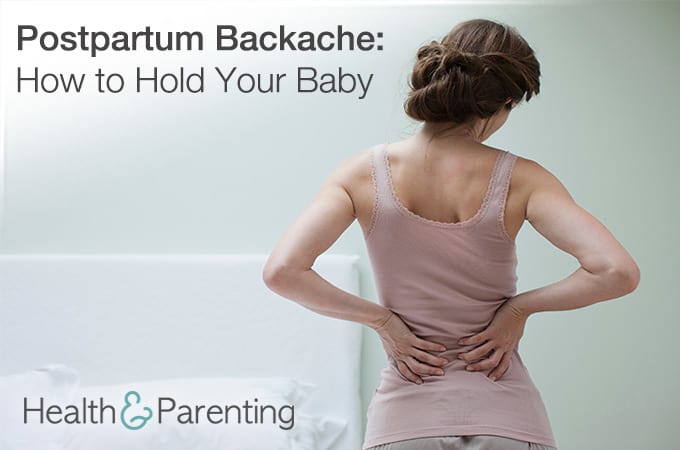Now that your baby is getting older (and heavier), you may be wondering how to carry your baby without breaking your back. That once tiny lightweight newborn is now a strong and hefty almost one year old and your back is probably paying the price. Don’t worry, this isn’t the end of your baby-carrying days, you just need to be mindful of how you carry your baby now that he’s growing bigger. Here are something tips to help you hold your baby without getting backache:
- Alternate hips
Many moms have a favorite side for carrying their baby on. Whilst this allows you to become an expert in all kinds of one-handed tasks with your remaining hand, it can put undue stress on one side of your body. Alternating sides could help to relieve some of the strain simply by splitting the weight throughout the day. Plus, you’ll end up with two muscled arms instead of that one telltale mom arm.
- Use a carrier
If the weight of your growing baby is causing your problems, a carrier may help. There are many different styles available, so you should be able to find one you love. A carrier will help to spread the weight whilst also leaving you with your arms free. From wraps and slings to soft structured carriers, there are plenty of different types of carriers to choose from. Ask babywearing friends for recommendations or visit your local sling library to try out a few carriers.
- Lift carefully
Though most of us have been taught how to lift properly in the workplace, not many parents apply this logic to their family life. When you reach down to lift your baby from the floor or car seat, you should keep your back straight and lift with your legs.
- Build your core strength
Pregnancy puts a lot of strain on your core and abdominal muscles and it will take time (and work) to repair them. Regular exercise can help to improve your core strength and reduce backache. Yoga and pilates are both good exercises for building core strength, speak to your instructor for advice regarding building your core strength.
- Rest and recover
If you’re back is aching, make sure you allow your body time to rest. Easier said than done with a baby, of course, but it’s important you don’t overdo it. Give your body time to heal, rest when you feel you need to and be sure to take plenty of baths to ease your aching muscles.
Are you suffering from postpartum backache?
Written by Fiona (@Fiona_Peacock), mother, writer and lover of all things baby related.
This information is not intended to replace the advice of a trained medical doctor. Health & Parenting Ltd disclaims any liability for the decisions you make based on this information, which is provided to you on a general information basis only and not as a substitute for personalized medical advice. All contents copyright © Health & Parenting Ltd 2016. All rights reserved.










